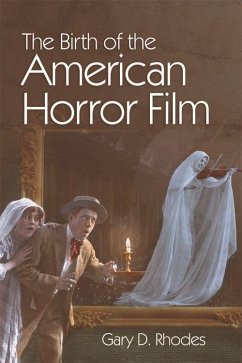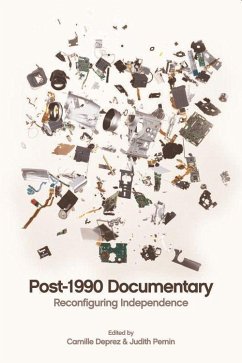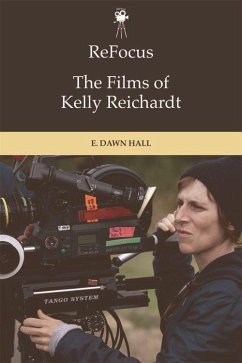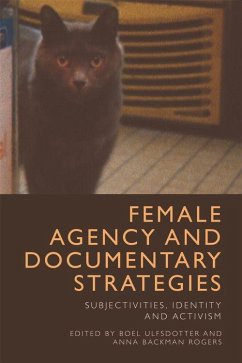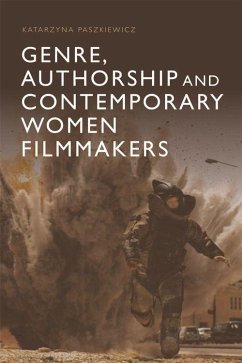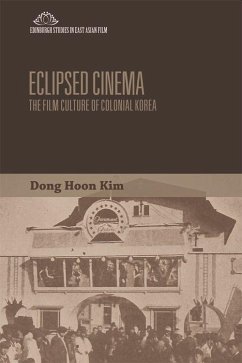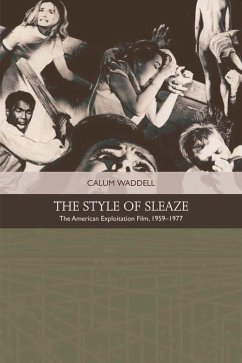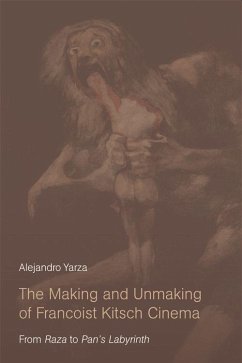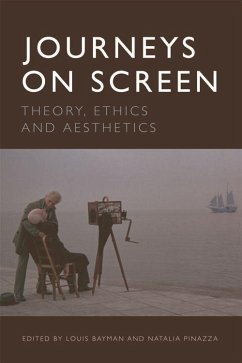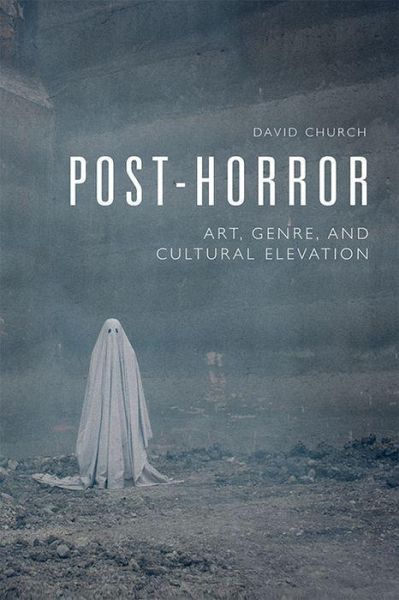
Post-Horror
Art, Genre and Cultural Elevation
Versandkostenfrei!
Versandfertig in über 4 Wochen
122,99 €
inkl. MwSt.

PAYBACK Punkte
61 °P sammeln!
'The horror film is often read as a low-budget and disreputable genre that is disparaged by critics and loved by only a small core of committed fans. However, there has always been a high end to horror, a high end that is made up of both art films and prestigious productions from the major studios. In this book, then, Church offers a crucial contribution to an understanding of this trend through his analysis of recent developments in its history. Grounded in an analysis of the reception contexts within which these films are produced, mediated, and consumed, this book is a must for those intere...
'The horror film is often read as a low-budget and disreputable genre that is disparaged by critics and loved by only a small core of committed fans. However, there has always been a high end to horror, a high end that is made up of both art films and prestigious productions from the major studios. In this book, then, Church offers a crucial contribution to an understanding of this trend through his analysis of recent developments in its history. Grounded in an analysis of the reception contexts within which these films are produced, mediated, and consumed, this book is a must for those interested in contemporary film culture in general and the horror film in particular.' Mark Jancovich, University of East Anglia 'With this book, David Church confirms his status as one of the most interesting contemporary scholars working on horror and on taste politics. Church expands the notion of art-horror and shows the links between contemporary post-horror and 1940s woman's films, melodrama, science fiction and European art cinema, with great chapters devoted to the post-horror connection between family and intimate relationships to epistemic violence. Meticulously researched and theorized, this is a book that, like the films it analyzes, rewards multiple readings. A thumping good read.' Joan C. Hawkins, Indiana University Horror cinema has long been a popular but culturally denigrated genre. This assumption has been challenged by a new wave of films that mix arthouse minimalism with established genre conventions. Dubbed 'elevated horror' or 'post-horror', films such as The Babadook, It Follows, The Witch, Get Out, Hereditary, Midsommar, and mother! represent an emerging nexus of taste, politics, and style that has earned outsized acclaim from critics and populist rejection by wider audiences. Post-Horror is the first full-length study of one of the most important and divisive movements in twenty-first-century horror cinema. David Church is a film and media scholar specializing in genre studies, taste cultures, and histories of film circulation. Cover image: A Ghost Story. Photo: Andrew Droz Palermo. Courtesy of David Lowery / Sailor Bear



